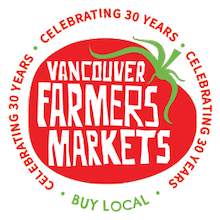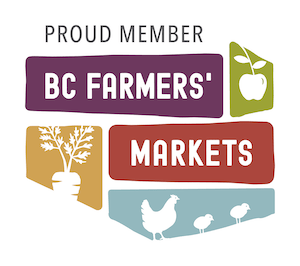Celebrating Organic Month

Organic Month is the perfect time to take a moment and appreciate the importance of sustainable farming, keeping nature in balance, and maintaining healthy ecosystems. Here in British Columbia, the organic farming community plays a big part in preserving those values by sticking to practices that keep our environment healthy and sustainable.
Organic farming is all about working with nature. It’s a system that aims to boost the productivity of the entire ecosystem—soil, plants, animals, and even us humans—while staying in harmony with the environment. The big goal? Keeping things sustainable and in sync with nature.
Organic agriculture in Canada is governed by rigorous standards that outline the principles, practices and permitted substances used in organic production systems. All products certified under the Canada Organic Regime and the BC Certified Organic Program make sure organic products meet or exceed these standards. The Canadian Food Inspection Agency (CFIA) and Agriculture and Agri-Food Canada (AAFC) handle the nitty-gritty of certification and labelling, and not every farm qualifies—as it depends on compliance with rigorous standards..
That said, not every farm that grows organically is certified. Some small and urban farms can find it tricky to get certified, whether due to the costs or the paperwork involved. But just because a farm doesn’t have the “organic” label doesn’t necessarily mean it’s not using sustainable, eco-friendly practices.
The best way to know where your food comes from? Head to your local farmers market! Chat with the vendors, ask questions, and get to know how they grow their food—it’s one of the easiest ways to support farmers whose values match your own.
Organic Farming in BC: Keeping it Natural
BC’s organic farmers use all kinds of techniques to keep the land healthy and productive. Some of these include:
- Crop rotation: Swapping out crops each season to keep the soil healthy and help with pest control.
- Compost and organic fertilizers: Feeding the soil naturally, no synthetic chemicals needed.
- Biological pest control: Letting natural predators do the work of keeping pests in check.
- Cover crops: Planting crops that protect the soil and stop erosion.
- Reduced tillage: Disturbing the soil as little as possible to keep it rich in organic matter.
These methods show just how much organic farmers care about the land, biodiversity, and producing healthy, delicious food.
Organic Eats in Vancouver
The goodness of organic food extends beyond the BC farms as Vancouver’s food scene is buzzing with farm-to-table restaurants that bring the best of local organic farms right to your plate. Check out spots like Fable, Forage, and Lila for some seriously tasty meals made from locally sourced organic ingredients. Have a favorite organic restaurant that’s not on the list? Share your go-to spots with us on social media!
Vancouver’s food scene is as diverse as its people, and the city has a real love for knowing exactly where its food comes from. Whether it’s fresh seafood or organic veggies, you can taste the care and connection to the land in every bite. And once again, he best way to connect with those who grow your food organically? Swing by your neighborhood farmers market? Take a minute to chat with an organic food vendor—those with certification have a sign at their booth. Show them some love by trying out their food, and don’t forget to follow us on social media as we’ll be featuring some of our organic vendors throughout the month!




